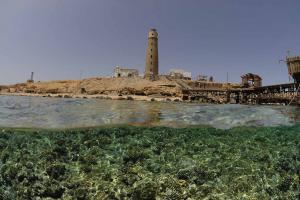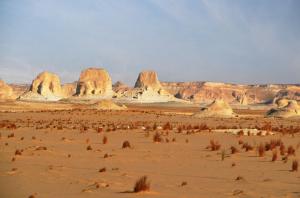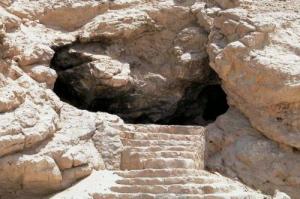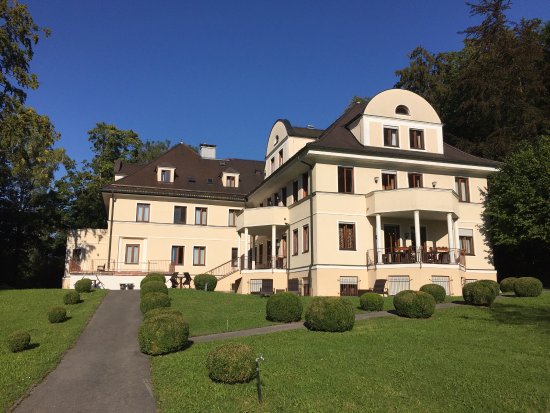Karnak

Luxor , Egypt
Overview
things to do
attractions
Similar places in Egypt
Plan your trip to Egypt
Experience the best tours, attractions & activities you won’t want to miss.
Explore attractions in Egypt
Enjoy up to 50% on hotels and restaurants in Egypt
Experience the best tours, attractions & activities you won’t want to miss.
Overview
In our recommendation of places to visit in Egypt, this Tourist Attractions in | Historical places in | Buildings in | leads the conversation. Karnak is considered as one of the most important attraction in . For a Tourist Attractions in | Historical places in | Buildings in | it holds some of the most historic artifacts in Egypt. This maybe why it is considered the best Tourist Attractions in Egypt| Historical places in Egypt| Buildings in Egypt| by some of the residences. It is impossible to talk about sightseeing in or sightseeing in Egypt without talking about the Karnak.
There are so many attractions in Egypt to visit when you are considering things to do in Egypt especially when you are looking at things to do in . So, if you are considering sightseeing in when you are around then this Tourist Attractions in Egypt| Historical places in Egypt| Buildings in Egypt| should be top on your list. on its own is seeing as one of the top cities in Egypt when you are looking for things to do in Egypt. Which is why we are not surprised with this Tourist Attractions in Egypt| Historical places in Egypt| Buildings in Egypt| , Egypt is seen as one of the most popular in the country. There are other places to go in , however, this place remains one of the most popular amongst tourists. There is no tour guide comprising of places to visit in Egypt that doesn’t have the Karnak.

















